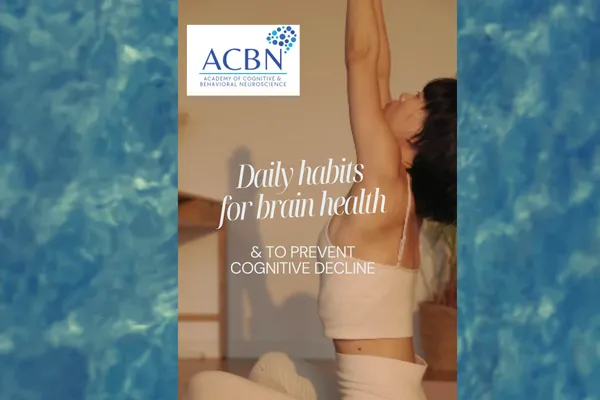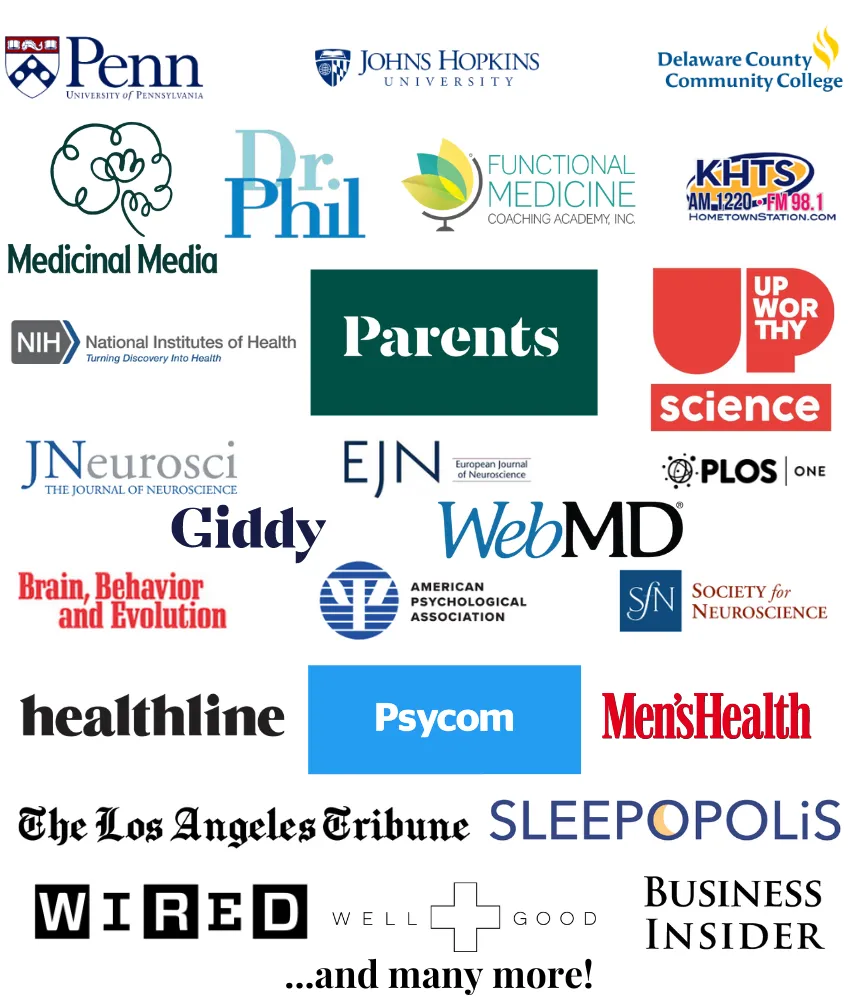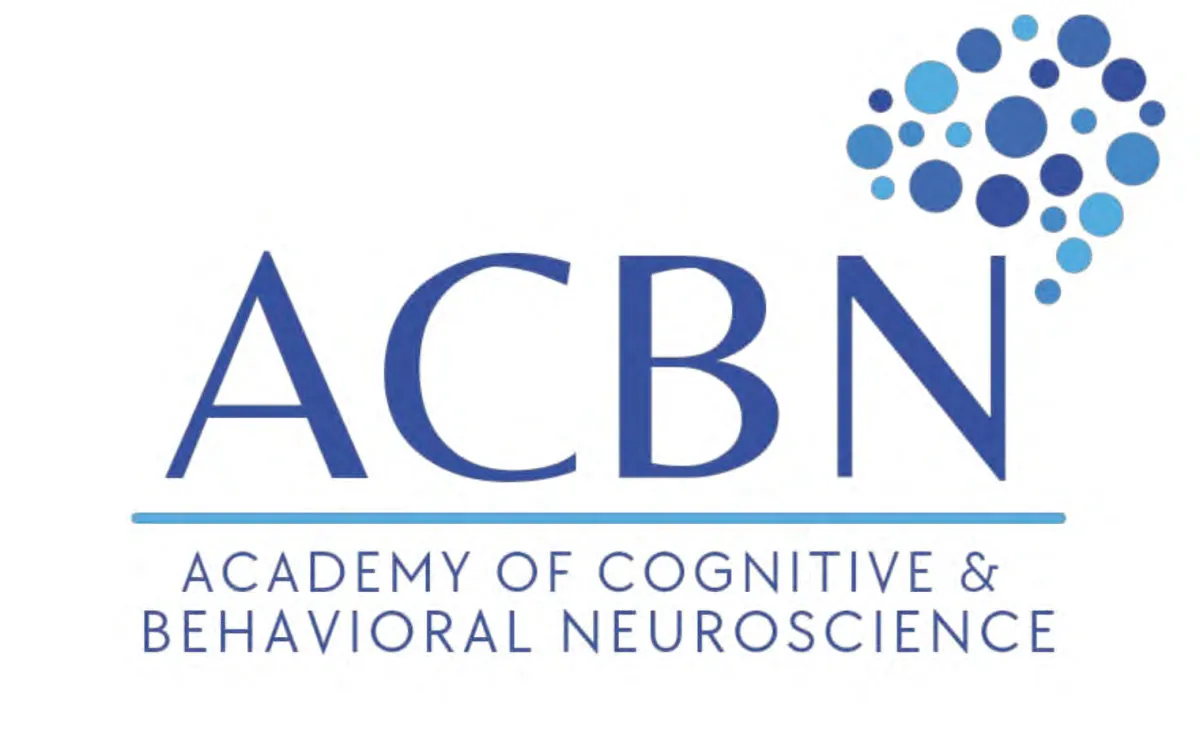
Welcome to Neuroscience Nuggets, your treasure trove of brain science knowledge designed to unlock the secrets of personal and professional growth! If you've ever been curious about the power of the brain and how it influences our thoughts, emotions, and behaviors, you're in the right place!!
Neuroscience, the captivating study of the brain and nervous system, offers a goldmine of insights to enrich our lives and those of our clients. At Neuroscience Nuggets, we're dedicated to making brain science approachable, exciting, and applicable in all aspects of your journey. Whether you're seeking to nurture your own well-being or enhance your professional practices, our nuggets of wisdom will equip you with practical tips, strategies, and evidence-based approaches to empower yourself and your clients.
Join us as we embark on an exhilarating adventure into the realm of neuroplasticity—the brain's remarkable ability to change and adapt. Together, we'll explore how harnessing neuroscience can lead to personal fulfillment, enrich your relationships, and supercharge your professional impact. So, grab your pickaxe and get ready to dig deep into the world of neuroscience nuggets. Let's unlock the untapped potential of the brain and unearth the pathways to personal and professional growth together. 🌱🌟

How to Boost Your Cognitive Health: The Power of Physical Activity and Engaging Mental Habits
Summary:
In today’s fast-paced world, many of us struggle to prioritize both physical and mental well-being. But what if the secret to maintaining brain health and preventing cognitive decline could be as simple as combining daily physical activity with mentally stimulating activities? This blog dives into the latest research on the benefits of exercise and cognitive engagement for long-term brain health, with practical tips and activities you can incorporate into your routine. From enhancing neuroplasticity to reducing the risk of neurodegenerative diseases, physical movement and mental engagement work together to preserve cognitive function. Read on to discover why every minute counts when it comes to improving both brain and body health!
How to Boost Your Cognitive Health: The Power of Physical Activity and Engaging Mental Habits
We all know that exercise is essential for maintaining a healthy body, but what about its role in keeping our brain sharp? A recent report in The Journals of Gerontology (Mellow, et. al, 2024) reveals that the benefits of physical activity extend beyond physical health—they play a critical role in enhancing cognitive function and protecting against cognitive decline. But there's more: mental activities, especially those that involve active engagement, also contribute significantly to brain health.
At The Academy of Cognitive and Behavioral Neuroscience, we’re passionate about exploring how the body and brain interact to support overall well-being. In this post, we’ll break down key findings on how both physical activity and engaging mental habits can keep your brain in top shape, and provide practical advice on how to incorporate these habits into your daily life.
Physical Activity: Every Minute Counts for Your Brain
You’ve probably heard that physical activity is beneficial for your heart and muscles, but did you know it’s also vital for your brain? Exercise promotes blood flow to the brain, helping it stay healthy and resilient. It also stimulates the production of brain-derived neurotrophic factor (BDNF), a protein that supports neuroplasticity, or the brain’s ability to adapt and grow. Neuroplasticity is a key factor in cognitive function—it helps the brain form new connections and compensate for age-related decline.
Studies have consistently shown that moderate-to-vigorous physical activity (MVPA) is associated with a lower risk of neurodegenerative diseases, such as Alzheimer’s and Parkinson’s. But here's the catch: every minute of physical activity counts. Research reveals that even short bouts of exercise, like a brisk 10-minute walk, can have significant benefits for both physical and cognitive health. In fact, substituting sedentary time (like watching TV) with physical activity has been shown to improve both cardiovascular and brain health.
So, whether you’re walking, jogging, dancing, or doing yoga, the key is consistency. Even small, incremental changes in your daily routine can help protect your brain from cognitive decline.
Engaging Mental Habits: Stimulating Your Brain with Purpose
While physical activity plays a central role in brain health, mental engagement is just as crucial. The study we've reviewed highlights that activities like reading, crafting, and even prayer are associated with better cognitive function than passive behaviors like watching TV or playing video games. These mental activities challenge the brain, encouraging it to process information, think critically, and even spark creativity.
For instance, reading a book or solving a puzzle engages different cognitive processes, from memory to problem-solving. Similarly, crafting or knitting involves both fine motor skills and concentration, which help maintain neural connections. These activities are different from passive entertainment, which typically does not require the same level of cognitive engagement and, therefore, doesn’t provide the same cognitive benefits.
The Best of Both Worlds: Combining Physical and Mental Activities
The real magic happens when we combine physical activity with mentally engaging habits. Research suggests that the combination of exercise and cognitive engagement is the most effective strategy for preserving cognitive health as we age. Activities that require both mental and physical effort—like yoga or dance—are perfect examples of how to integrate these two essential elements into your routine.
For example, tai chi is a slow-moving form of exercise that requires concentration and focus, while also enhancing balance and flexibility. Similarly, dancing combines both physical movement and rhythm, engaging the brain in ways that promote neuroplasticity and reduce the risk of cognitive decline.
By dedicating time to both physical and mental activities each day, you can ensure that your brain remains as active and adaptable as your body.
Winter: A Time to Double Down on Cognitive Health
As the winter months approach and outdoor activity may become more limited, it's important to find ways to stay both physically and mentally engaged indoors. This is the perfect time to start a new hobby, practice meditation, or take up an indoor exercise routine like yoga or pilates. Engaging in activities that stimulate both the mind and body can help you maintain cognitive function throughout the season.
Don’t forget to make time for brain-boosting activities like reading, completing puzzles, or even learning a new skill. This combination will ensure that your brain stays healthy, even when the weather keeps you inside.
Conclusion: Your Path to Lifelong Cognitive Health
Maintaining cognitive health doesn’t require a drastic overhaul of your lifestyle. Instead, small changes—like incorporating more movement into your day and choosing mentally engaging activities—can have a lasting impact on your brain's health. Whether it's through physical activity, mental engagement, or a mix of both, the key is consistency. Remember, every minute counts when it comes to preserving your cognitive function.
At The Academy of Cognitive and Behavioral Neuroscience, we’re committed to helping you build a well-rounded approach to cognitive health. Start small, stay consistent, and protect your brain for years to come.

Meet Your Blogger
Dr. Hayley Nelson earned her PhD in Psychological and Brain Sciences from The Johns Hopkins University, is a tenured professor of Psychology in the Philadelphia area, and is an international speaker. She has over 20 years of teaching experience with students from diverse backgrounds, has several peer-reviewed research publications and previous research and faculty appointments with The National Institutes of Health, The Johns Hopkins University, and The University of Pennsylvania.
If the idea of learning about the brain and neuroscience feels overwhelming and intimidating, Dr. Hayley is the perfect neuroscientist for you. She's a busy mom of 2 with a great sense of humor, and she prioritizes bringing some fun and compassion to a field that can feel a little "hardcore". You can expect lots of real world experiences and examples and an open, caring learning environment where there are no stupid questions. Listening to one of Dr. Hayley's discussions feels more like a conversation with a family member (a really smart family member).
By creating the Academy of Cognitive and Behavioral Neuroscience, Dr. Hayley Nelson combined her knowledge of the human mind and brain health with her passion for education, teaching, and consulting to truly make neuroscience approachable. Her students learn easy-to-swallow knowledge of how the brain works in real-life situations and are armed with an education in a subject they can use literally every single day. Not only that, they gain the power to serve their clients better and create an environment for their communities to thrive.
Dr. Hayley's Featured Contributions, Publications, and
Faculty & Research Appointments

With a Certification in Cognitive & Behavioral Neuroscience, you will gain the confidence to speak with authority about HOW & WHY what you teach your clients actually works.
Neuroscience feels intimidating, and perhaps you've always thought that you're not positioned to be an authority on the science behind what's happening in your client's brain. Dr. Hayley Nelson founded the Academy of Cognitive & Behavioral Neuroscience, and she designed this Certificate Program with one goal in mind:
To make neuroscience approachable for professionals who want to distinguish themselves from others in their field with a unique and comprehensive understanding of the latest research and innovative techniques in neuroscience, and earn a highly respected certification in cognitive and behavioral neuroscience that sets them apart as a true expert in their field.
After completion of the certificate, students will uncover a newfound sense of confidence and neuroscience knowledge, will stand out in their industry by offering something unique to their clients, gain credibility, better serve their existing clients, and be positioned to take on more clients best suited for their programs.
Have questions about the Certification Programs from Dr. Hayley and
The Academy of Cognitive and Behavioral Neuroscience (ACBN)?
Want to book a 1-on-1 Office Hour consultation with Dr. Hayley?
Want to See What it's Like to Learn from Dr. Hayley?
Want to Stay in the Loop with Dr. Hayley and ACBN?
Connect directly with Dr. Hayley!
Click the blue chat bubble in the right-hand corner of the screen to get in touch with me, or connect with me on social media.





